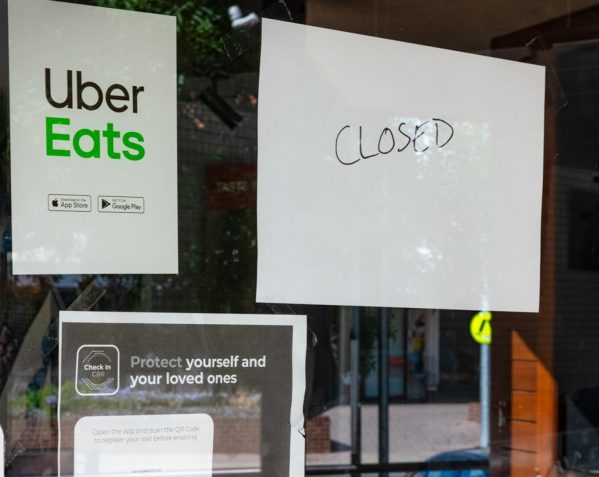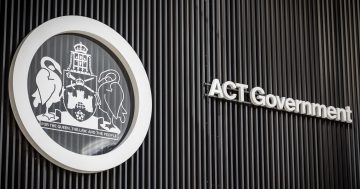
Naming and shaming isn’t always the best way to get results. Photo: Region.
Regulators are essential parts of society and democracy. Good professional regulators. Respectful regulators.
As we know, the main regulator of society is the police. They keep us lawful and safe from criminals and stupid drivers.
In the main, the Australian public service regulators, including the states and territories, are world-class. Some people hate hearing that as bashing the public service can be an enjoyable pastime.
Good regulators and their employees know how to communicate with the stakeholders they regulate and with those whom they regulate for.
I recall a comment some years ago from the CEO of a road transport association with many owner-driver members. He gave as an example the difference between road regulators in NSW and Queensland.
He said that if a transport officer caught an overloaded truck and issued a fine in NSW they would go back to the office and basically celebrate (high fives and fist taps all ’round) and claim to have done their job.
On the other hand, the Queensland regulator aimed to educate drivers and others so there was more compliance, not take great delight in catching someone out (as crucial as that is). That is a profound difference in attitude, and I would suggest Queensland is more likely to have safer roads as a result.
So, are the regulators for small business in the ACT any good?
From a business view, the main regulators in the ACT are the ATO, the Fair Work Ombudsman and the various health and safety agencies. Others include the ACCC, ASIC and other financial regulators.
The federal government regulators are, in the main, very good.
The ATO, in particular, will communicate often with industry representatives to keep their communications and processes constantly reviewed and successful.
The Fair Work Ombudsman (FWO) is also good. It works with industry associations to ensure good communications and help identify businesses that deliberately abuse the rules and then make them comply.
The health and safety regulators are a mixed bag. In my dealings, I have found many to be engaging, very informative and helpful with advice and necessary warnings, but some of their officers lack an understanding of reality.
I had one officer come into my old business and yell at one of my employees (an 18-year-old) and tell her to move some tables. When I asked who he was, as he hadn’t produced any identification, he arrogantly asked who I was. Then he told me he had more powers than the police and I needed to be careful. I firmly told him to leave the premises, which he did. I have heard of others with the same experience.
One Canberra employer tells of an inspector who, unannounced, walked into a staff meeting and told the owner that he wanted his attention immediately. Why the arrogance? Why not say, ‘excuse me, sorry to interrupt – do you have a minute?’
Then we come to those who make the rules. The worst organisation I have come across is Safe Work Australia.
I was once told by their management that a self-employed person is legally responsible for their own mental health. That shows a complete and utter disrespect and disregard of the self-employed. Would a self-employed person be fined or jailed because they were depressed?
The organisations that make the rules for business and those that enforce them need to always consider that a person runs a small business or maybe a couple; they are humans and should be treated that way. Regulators and legislators should remember that there is a huge difference between the capacity of a big business and a small business to deal with complicated regulations.
A bad habit in the ACT public service is naming and shaming businesses that failed a health inspection. If a business is unhealthy, certainly do what is necessary, but be careful with publishing that failure.
In one case, a retail food shop was closed down for three days as punishment for some failure without particular cause. The owner’s kids were harassed at school because of their parent’s public shaming.
I don’t expect public humiliation if a public servant fails in their job. Perhaps departmental secretaries, but they get paid a lot more than most other public servants, and it’s part of the job to explain mistakes and poor outcomes. But naming and shaming where individuals and their families can be targeted is never OK.
Our regulators are mainly good. Some need to learn how to communicate better and drop the superiority complex.
But who regulates the regulators?
Original Article published by Peter Strong on Riotact.











